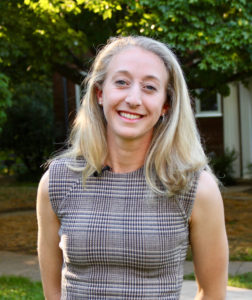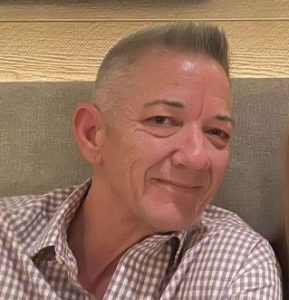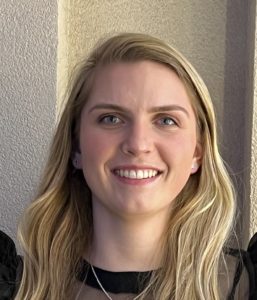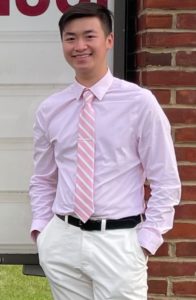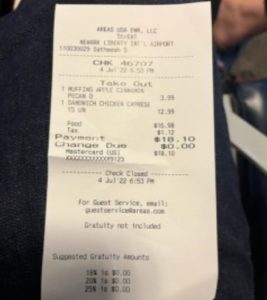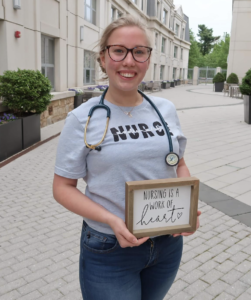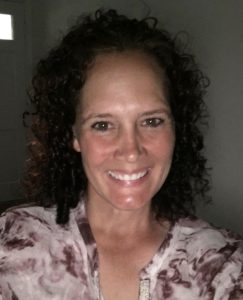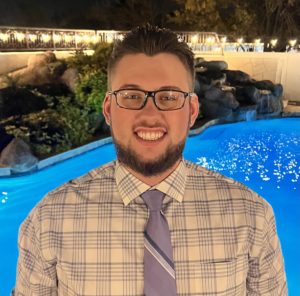Welcome to the FutureDocs Abroad Staff Portal! We are so excited for you to join us this summer.
The portal serves as a resource for you to upload the necessary documents to complete the onboarding process, review important dates, and access relevant information regarding the program.
Your first step should be to navigate to the Onboarding tab and complete each form. If you have already emailed us a copy of a given document, you are welcome to skip completing it here. Each form only needs to be filled out once!
Information within the portal will be updated from time-to-time, so please make sure to check in here once in awhile!

